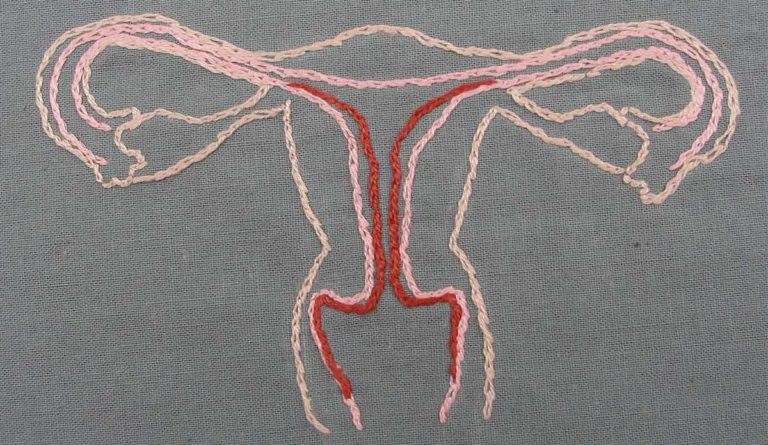Reproductive Justice: What It Means and Why It Matters (Now, More Than Ever)
People may think reproductive justice is synonymous with reproductive rights, but the two are distinctly and philosophically different.

Read Time: 4 minutes
Published:
“What is reproductive justice?” This is almost always the first question we are asked when describing the Black Women’s Health Imperative’s work in reproductive justice and sexual health. Oftentimes, people think the term reproductive justice is synonymous with reproductive rights. However, the two are distinctly and philosophically different.
Reproductive rights are centered around the legal right to access reproductive health care services like abortion and birth control. The Supreme Court’s decision in Roe v. Wade represented a watershed moment that cemented a woman’s right to choose whether to have an abortion or not. But we are now facing a time when women’s reproductive rights are under coordinated, unrelenting and mainstream attacks, and we need to consider new and more nuanced ways of tackling these threats.
What good is a right if you cannot access the services that right has provided? This is why reproductive justice is critical. Reproductive justice links reproductive rights with the social, political and economic inequalities that affect a woman’s ability to access reproductive health care services. Core components of reproductive justice include equal access to safe abortion, affordable contraceptives and comprehensive sex education, as well as freedom from sexual violence.
It’s not enough that abortion is legal in your state. Access is key. If you are working multiple jobs to pay household bills, how can you afford to take the time off to visit a clinic and make use of their abortion services? And if you live in a state that doesn’t have any clinics offering the reproductive services you need, such as birth control, how do you find the means to travel across state lines to access those services? These are questions more and more women are facing as policies that restrict or hinder access to reproductive health care surface. And it’s important to note that these policies are no longer constrained to traditionally marginalized communities.
As the attacks to reproductive rights and justice continue to grow, it’s more important than ever to build and strengthen a new generation of young Black women who will fight for unrestricted access to comprehensive reproductive health care.
These questions frame the work that we do at the Black Women’s Health Imperative, the only national organization solely dedicated to improving the health and wellness of the nation’s 21 million Black women and girls — physically, emotionally and financially. One of our signature programs is My Sister’s Keeper (MSK), an advocacy and leadership-building initiative for young women attending Historically Black Colleges and Universities. The program is designed to strengthen, engage and mobilize young Black women around reproductive justice and sexual health, as well as sexual violence prevention. As the attacks to reproductive rights and justice continue to grow, it’s more important than ever to build and strengthen a new generation of young Black women who will fight for unrestricted access to comprehensive reproductive health care.
To further our work in MSK and the fight for reproductive justice, we are taking steps to ensure policymakers adopt policies that grant and protect a woman’s right to make reproductive decisions that are best suited for her life. These policies include repealing the Hyde Amendment and other anti-abortion laws, like 20-week abortion bans, that essentially penalize low-income women and women of color and prevent them from accessing safe abortion care. We also support policies that ensure unrestricted access to contraceptive services such as the Affordable Care Act’s birth control coverage requirement, and we continue to call on policymakers to do the same.
Everyone stands to benefit from understanding and joining the reproductive justice movement. We are at a moment in time where it would behoove traditional reproductive rights organizations to tap into the rich history, strength and resilience of this movement. By partnering, reproductive rights and reproductive justice organizations can collectively tackle some of the broadest threats to women’s reproductive health we have faced in a generation.
Featured Image: Leslie, Organs, used under CC BY-NC-SA 2.0/cropped from the original




